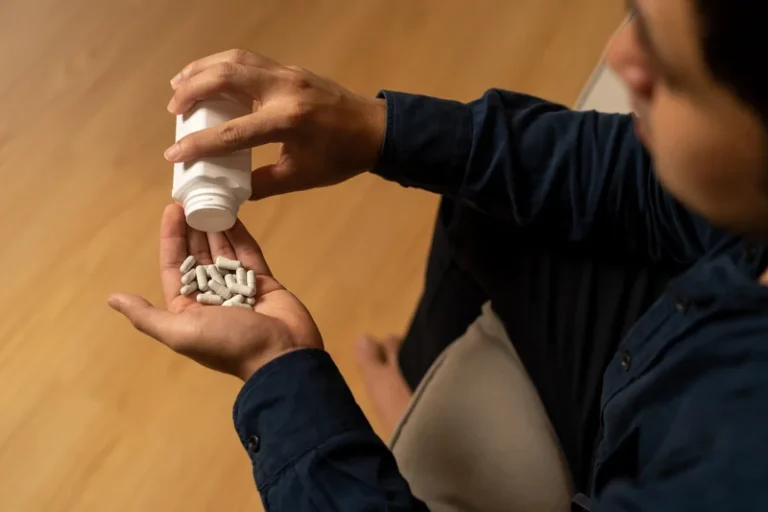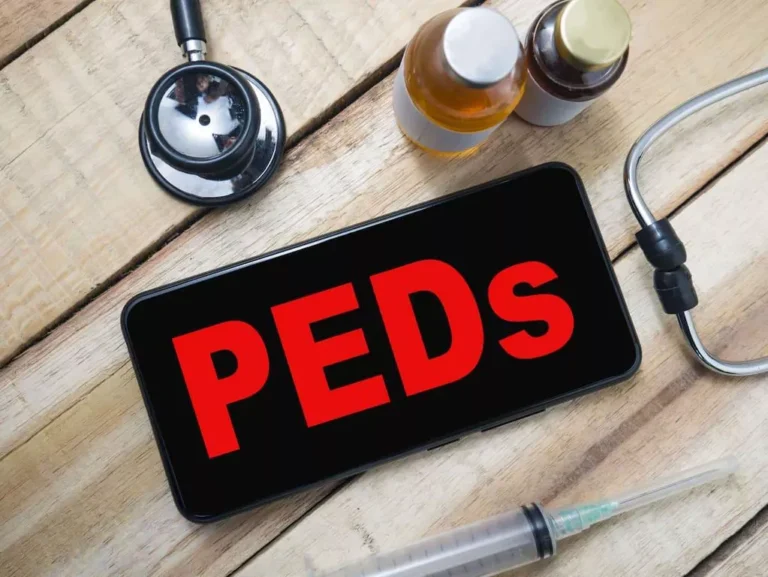
You will want to understand what will be asked of you in order to decide what treatment best suits your needs. It may also be helpful to determine whether the treatment will be adapted to meet changing needs as they arise. Alcohol-related problems—which result from drinking too much, too fast, or too often—are among the most significant public health issues in the United States. American Addiction Centers (AAC) is committed to delivering original, truthful, accurate, unbiased, and medically current information.
Professional Associations of Medical and Nonmedical Addiction Specialists

Brief group interventions focusing on (1) motivating participants to change their lifestyles regarding personal relationships, nutrition and exercise [79] and coping with desires for alcohol [65,74] lead to alcohol reduction. Of the treatments that were delivered by a practitioner, in-person and in a group setting or in a group setting at work, two effective elements were present. Even if an intervention doesn’t work, you and others in your loved one’s life can make changes that may help.
Provide Treatment Options
- Recent advances in neuromodulation techniques may also hold promise for the development of novel treatments for alcohol use disorder.
- This CME/CE credit opportunity is jointly provided by the Postgraduate Institute for Medicine and NIAAA.
- This is striking because contact with others is especially important for older adults since loneliness is a problem for that age group [105] and there is a relationship between the use of alcohol and loneliness [12,106,107].
- Mobile phone interventions provide insight into how much someone drinks and leads to realization of their own drinking behavior [87,88].
- Pharmacological and behavioral treatments exist for alcohol use disorder, but more are needed, and several are under development.
These models will typically begin with planning sessions, rehearsals, performing the actual intervention, and then following up on the effects/outcome of the intervention. Interventions can be performed without professional help, https://ecosoberhouse.com/ but this is not advisable. In closing, with a few brief questions, you can determine whether your patients are drinking at levels that may have adverse health effects and whether, in addition, they have symptoms of AUD.
Mental Health Services
- If you have any of these symptoms, alcohol may already be a cause for concern.
- More generally, very little is understood about how motivation to change drinking behavior may influence the efficacy of active medications, particularly via adherence mechanisms.
- These feelings are valid and clearly reflect love for the person and concern for their wellbeing.
- Alcohol is among the leading causes of preventable death worldwide, with 3 million deaths per year attributable to alcohol.
- You may want to learn if the program or provider offers medication and whether mental health issues are addressed together with alcohol treatment.
- In the current context the term intervention refers to a structured and organized attempt by family and friends of an individual with a substance use disorder to point out the dysfunctional and destructive aspects of that individual’s behavior and convince the person to get into treatment.
- As the population of older adults increases, so will the number of older people who have alcohol-related problems.
Treatment can be done via an outpatient or inpatient program and may be a combination of both. Many inpatient programs accommodate their patients with 24/7 medical oversight and provide access to on-call medical and psychiatric services during their stay. Outpatient treatment usually meets several times per week for several hours per day. Outpatient therapy typically offers many of the same groups and services as inpatient how to do an intervention for an alcoholic treatment, but you can still go home at night. A major issue that occurs when individuals attempt to organize an intervention for a person with an alcohol use disorder is that the majority of interventions do not progress beyond the initial planning stages. There are several approaches to substance abuse interventions (see below); however, there are some general commonalities that apply to different intervention models.
- Recent human laboratory work suggests that baclofen may disrupt the effects of an initial priming dose of alcohol on subsequent craving and heavy drinking (41).
- Professional assistance at any level can be extremely helpful, as an outside perspective can guide the process toward the most beneficial conclusion and keep everyone focused.
- If you’re thinking about suicide, are worried about a friend or loved one, or would like emotional support, the Lifeline network is available 24/7 across the United States.
- However, the purpose of an intervention is to strictly discuss issues surrounding the substance use.
- Explore Mayo Clinic studies testing new treatments, interventions and tests as a means to prevent, detect, treat or manage this condition.
- An intervention is not a place to embarrass, shame, or scold the person struggling with addiction; these tactics are more likely to make the person retreat further into substance abuse patterns.
The objective of this review is to understand how (which elements of interventions), in which context and why (by which mechanisms) interventions are successful in preventing or reducing (problematic) alcohol consumption among older adults. Two recent reviews on alcohol consumption among older adults have indicated that interventions to prevent or reduce the negative effects of alcohol consumption in older adults specifically are limited in number. Armstrong-Moore et al. [32] found seven interventions, of which five resulted in alcohol reduction. Kelly et al. [33] identified thirteen studies, of which six reduced alcohol consumption. Most effective interventions include elements of (brief) motivational interventions, (brief) advice or personalized reports on risks and problems. Moreover, it is known only whether the interventions are effective and not which elements of the intervention lead to this outcome or in which context and by which mechanisms.
PHARMACOLOGICAL APPROACHES TO THE TREATMENT OF ALCOHOL USE DISORDER
Many people with alcohol problems and their family members find that participating in support groups is an essential part of coping with the disease, preventing or dealing with relapses, and staying sober. For serious alcohol use disorder, you may need a stay at a residential treatment facility. Most residential treatment programs include individual and group therapy, support groups, educational lectures, family involvement, and activity therapy. In order to increase the probability that the intervention will be successful, it is imperative that the group utilize the services of a professional interventionist or mental health provider who specializes in the treatment of addictive behaviors. An addiction professional helps figure out the scope of the issue and what treatment options would be right.


When creating an intervention team, it’s also the time time to identify a qualified professional who can help lead the intervention and provide clinical support for the team. It is best to pick a professional who has experience performing interventions and knowledge of the abused substance. It is also helpful if they have connections to treatment programs to make the transition process smoother. Also known as «alcohol counseling,» behavioral treatments involve working with a health care provider to identify and help change the behaviors that lead to alcohol problems. Of the treatments that were delivered by a practitioner, via telephone or online and individually, five effective elements were present.
Personalized Medicine
If you have health insurance, the law requires providers to offer substance use treatment. Check with your provider about which doctors and facilities are covered and for how long, and what you will pay for. Ask your doctor or an addiction specialist if you’re not sure where to start. Many professional interventionists have a preferred intervention style they use. The only way for interventions to be successful is if they are based in love, honesty, and support. Research shows that most people who have alcohol problems are able to reduce their drinking or quit entirely.

